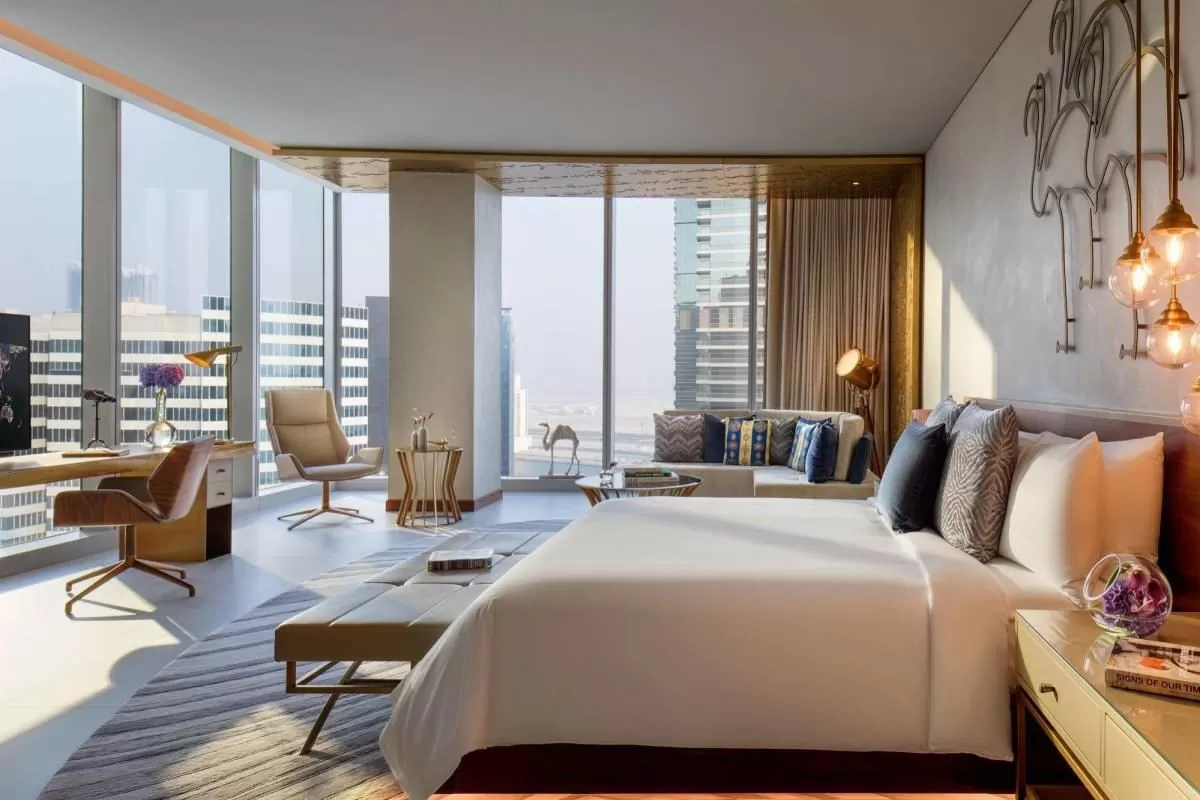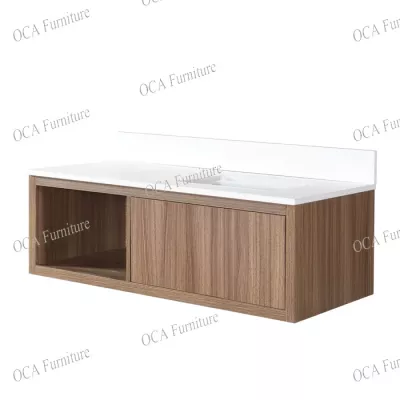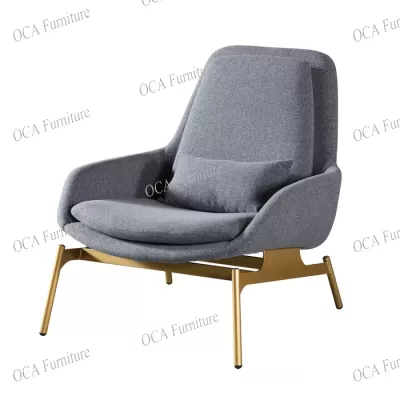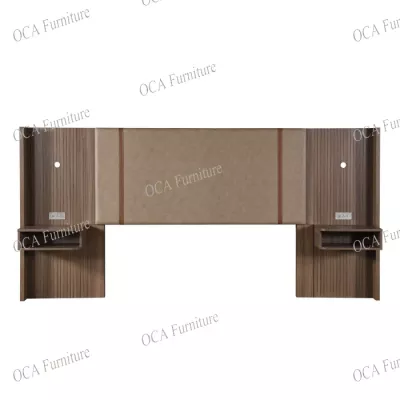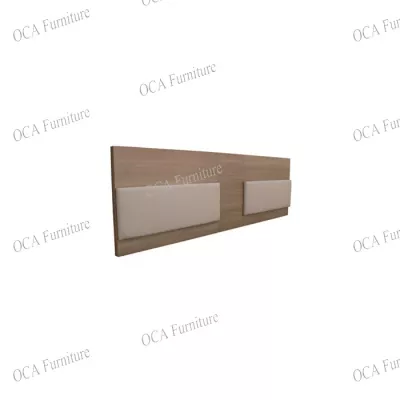To achieve the impact of the epidemic, consumers' requirements for hotel environmental hygiene, quality, service and products have greatly improved. The contactless and intelligent services provided by the hotel can better calm the emotions of consumers and are sufficient for a sense of security and trust.
At the same time, consumers’ personalized demands have increased, and technologies such as artificial intelligence have become the fulcrum for strengthening the hotel’s “personalized experience”. For example, smart products such as face-washing residence, online room selection, self-service front desk, flash residence, intelligent guest control, luggage delivery, etc. can not only satisfy consumers' freshness, optimize service experience, but also effectively save labor costs.
In fact, intelligence does not mean cold service. In the process of operating upgrades, hotels should use "smart construction" as a tool to provide high-quality and considerate services, and continuously enrich the connotation and extension of smart hotel services. Smart service injects "temperature" and "texture" into technology.
The first task of the construction of a smart hotel is to find the correct positioning, fully consider the hotel's own investment ability, sensitivity to income, customer spending power and other factors, and make a differentiation strategy.
